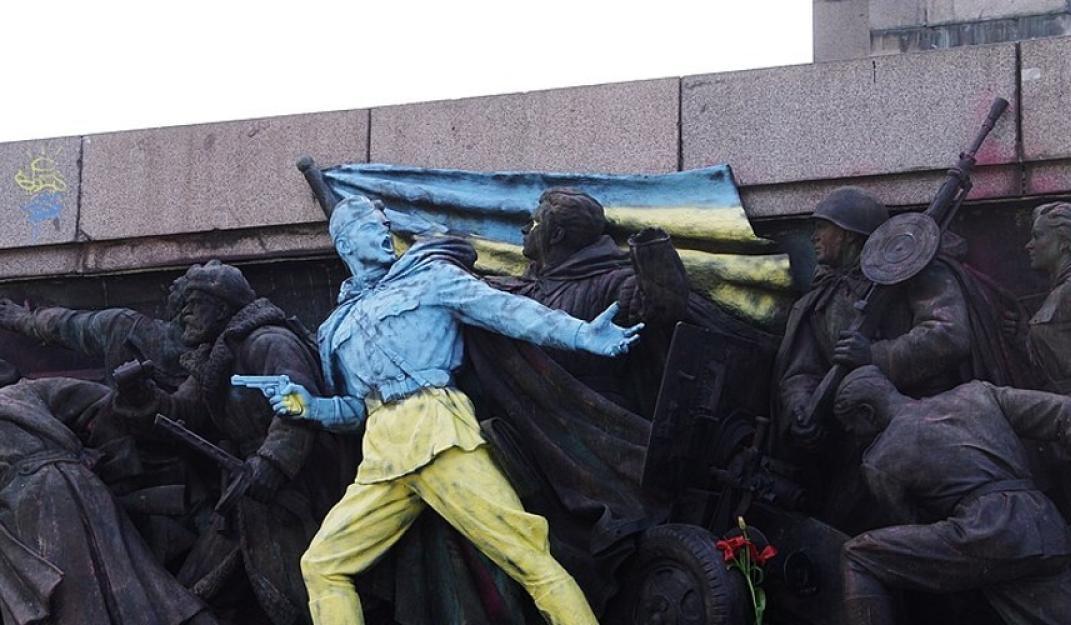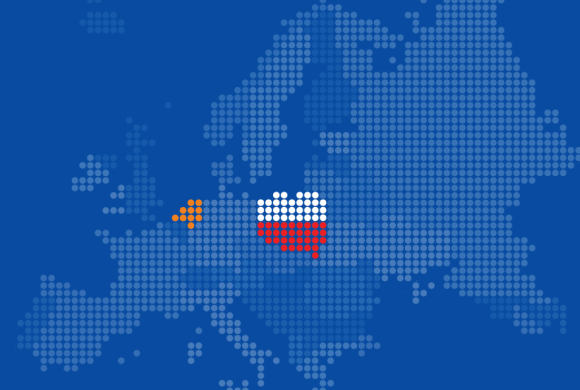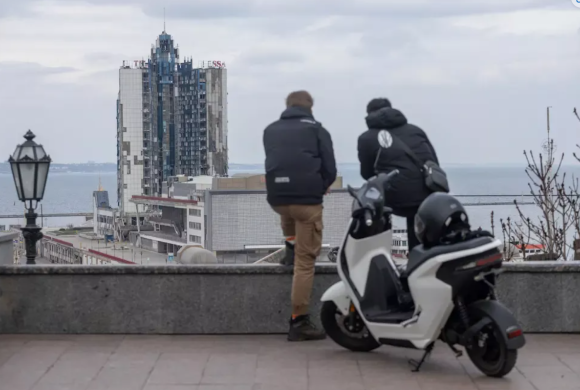Eastsplainers #6: Media & Memory

For this session, we welcome Anna Greszta and Maria Plichta. Cultural anthropologist Greszta and cultural and media theorist Plichta are PhD researchers at the Amsterdam School for Cultural Analysis. Both currently work in Conspiratorial Memory: Cultures of Suspicion in Post-Socialist Europe. This investigative project, funded by the European Research Council, focuses on the role that historical events play in conspiratorial narratives across various Polish, Ukrainian, and Russian cultural media. Literary and cultural theorist – and leader of the Conspiratorial Memory research team – Boris Noordenbos (University of Amsterdam) moderates the session.
Since the full-scale military invasion of Ukraine, the Kremlin has attempted to justify its unprovoked aggression with ludicrous historical parallels and far-fetched conspiracy theories. This double discourse, which combines abuses of history with conspiracy theories, is not new. It has been fomenting in state-backed Russian culture and media for years. In this panel, Greszta and Plichta discuss how conspiracy theories tap into stories about the past. Focusing on different East European contexts, all of which are heavily impacted by the war, they discuss the role of culture (online and offline, fiction and non-fiction) in imagining past and present plots against “our” community. Cultural and literary theorist – and leader of the Conspiratorial Memory research team – Boris Noordenbos moderates the session. Professor of Slavic literatures Ellen Rutten opens the meeting with a short introduction into the Eastsplainers series as a whole.
Boris Noordenbos
Boris Noordenbos is an Associate Professor of Literary & Cultural Analysis at the University of Amsterdam. He is affiliated to the Amsterdam School for Cultural Analysis (ASCA). His publications focus on issues of conspiracy theory, disinformation, nostalgia, cultural trauma, and cultural memory, with a special interest in the cultures of the former Soviet Union. Boris is the author of Post-Soviet Literature and the Search for a Russian Identity (Palgrave Macmillan, 2016) and the co-editor of the volume Post-Soviet Nostalgia: Confronting the Empire’s Legacies (Routledge, 2019). He also is the Principal Investigator in the ERC-funded research project Conspiratorial Memory: Cultures of Suspicion in Post-Socialist Europe (2021-2026).
Anna Greszta
Anna Greszta is a cultural anthropologist and a PhD researcher at the Amsterdam School of Cultural Analysis (ASCA), University of Amsterdam. She currently works in ERC-funded Conspiratorial Memory project, focusing on cultural representations of the Russian war in Ukraine. Inspired by and immersed in cultural analysis and anthropological traditions, the project examines the intersections of memory and conspiracy cultures in the landscape of objects representing the war. Her previous research experience varies from examining Polish-Jewish relations and the memory of the Holocaust (BA in Ethnography, University of Warsaw, 2013-2016) to visual ethnography of discourses and practices of beauty in Ukraine (MSc in Anthropology, University of Copenhagen, 2017-2020). Anna is a co-founder of Amsterdam-based volunteer group Collect4Ukraine.
Maria Plichta
Maria Plichta is a PhD researcher at the Amsterdam School of Cultural Analysis. Her project deals with the conspiratorial narratives around the Smoleńsk catastrophe and their cultural representations. She previously graduated from the Cultural Studies programme at the University of Łódź (Poland) and obtained her Master’s degree in Media Studies at the University of Amsterdam.





